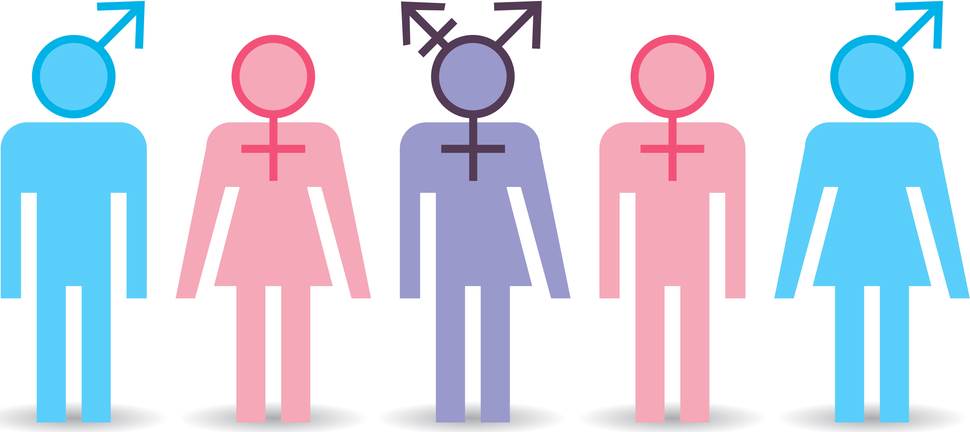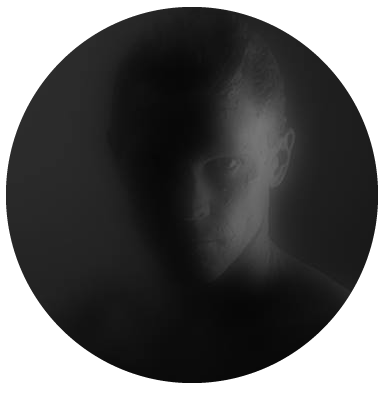For the last fifteen years, I’ve not questioned my sexual identity. I’m a bisexual male. I’m not bi-curious or straight. I’m most definitely bisexual and equally attracted to both men and women. At least, that’s what I’ve always thought.
Recently, the confluence of a new friendship and the start of my writing for LGBTQ newspaper The Rainbow Times have lead me to question my sexual identity as well as my emotional construct. My friend said one critical thing recently that made me question it all.
“Do you consider yourself to be bisexual and biamorous or strictly bisexual?”
My first instinct was, “yes of course,” but then it got me thinking back to my previous relationships and encounters with men. Nearly all of my sexual encounters with men have been purely physical without any emotional attachment whatsoever. The emotional connections I’ve had have always been with women or with couples. Yes, I know that may sound a bit strange, that I can have an emotional connection with a couple but not with a man individually. There has been one couple that I had a relationship with and all three of us had a deep emotional and sexual connection. The relationship began with just sex, but it progressed into something more substantive. We went out for drinks, had dinners together, philosophized, went for walks—all while still maintaining an intense sexual rapport. There was a solid balance between all three of us emotionally and sexually. Although I have gained friendships with men, the friendship was never what I would call love.
Another question posed by my friend was, “Could it be that bi men are not in more same-sex relationships because of societal expectations?” This was something I had not thought of, but it makes sense to me.
Our discussions lead him to believe that perhaps I might not truly understand my sexual identity because I often referred to my bisexuality from a purely sexual perspective and made me question whether I saw bisexuality as a choice rather than a wiring of who I am at the core. He said to me, “I can no more choose to be gay than I can choose to be the race I am.”
My response to his inquiry about bi men choosing to not be in same-sex relationships was, “I would definitely say there is some truth to that. As a bisexual man, I have a choice (though not always obviously) as to what gender I’m in a relationship with. Given that I have that choice, society’s conditioning as to what is acceptable and what is not probably does play a part in it.”
In truth, I find it more comfortable to be viewed as heteronormative by my social circles. Perhaps this is a self-centered and slightly vain perspective, but I do believe that our sexual identity could not be a more self-centered topic. As a bisexual male, my options are of course more diverse than those that are limited to a single gender both physically and emotionally. However, the ability to truly build an emotional bond with a specific gender perhaps is limited by my internal wiring (at least for myself). Or, perhaps I’ve just never met the right guy? My current relationship is a very deep and passionate relationship with a woman. I did not make a conscious choice for my long term relationship to be with a woman, on the contrary, the dating app we found each other on (OK Cupid) had me listed as interested in men and women. I had been conversing with both, but developed a connection with her.
The breadth of how we perceive ourselves individually and how society perceives us is so vast that attempting to identify oneself can be next to impossible. Gender identity is a dynamic, fluidic state, changing and evolving as we get to know ourselves and those around us. If I now had to identify myself, I would say that I am bisexual, hetero-amorous and poly-amorous. Does this mean that I am better identified as queer? Perhaps. To identify as queer however, I must break down my own internal definition of queer which for some reason has always been that of a gay, effeminate male. Fellow queers, please do not judge me for this. This limited, archaic concept of queerness most likely has to do with my upbringing in the rural mid-west and the subsequent values that come along with it. As I said, my understanding of everything related to gender identity is evolving and this also affects my own internal conceptions of identities.
I am starting to believe that to truly experience your authentic gender identity, you must also break down the societal influences that inevitably play a role in how we are raised. That does not mean that the definitions you have for gender identity should be discarded. On the contrary, understanding where you come from and how those who played a role in shaping your development influenced your beliefs will better help you learn how to communicate your new identity to them.



